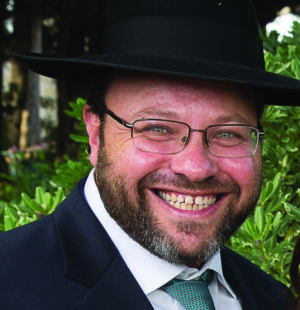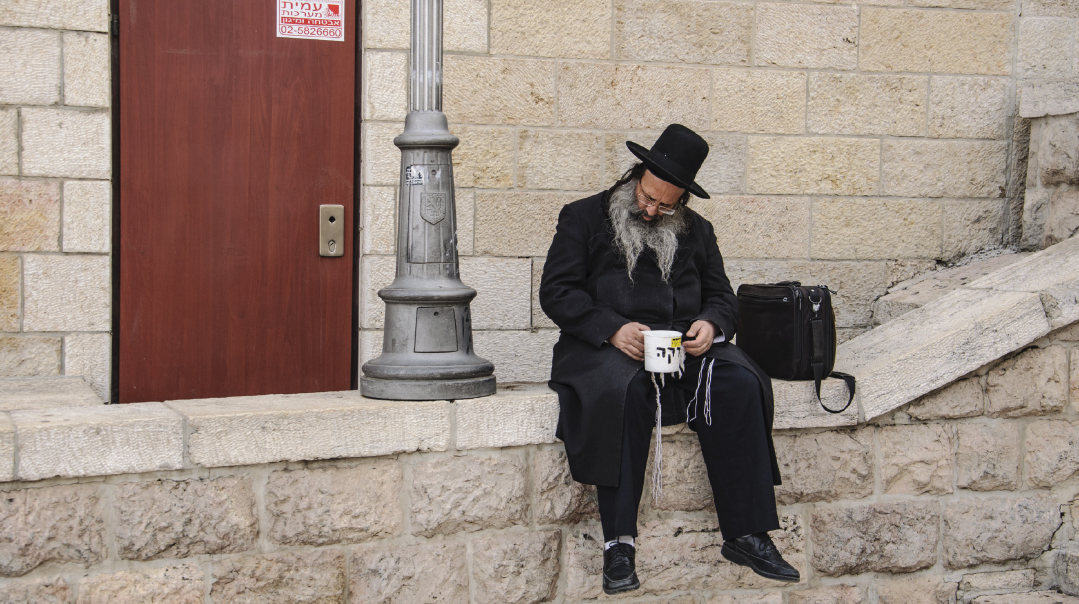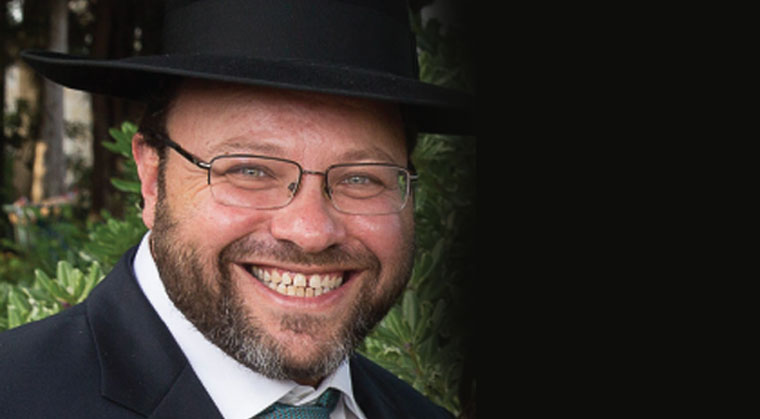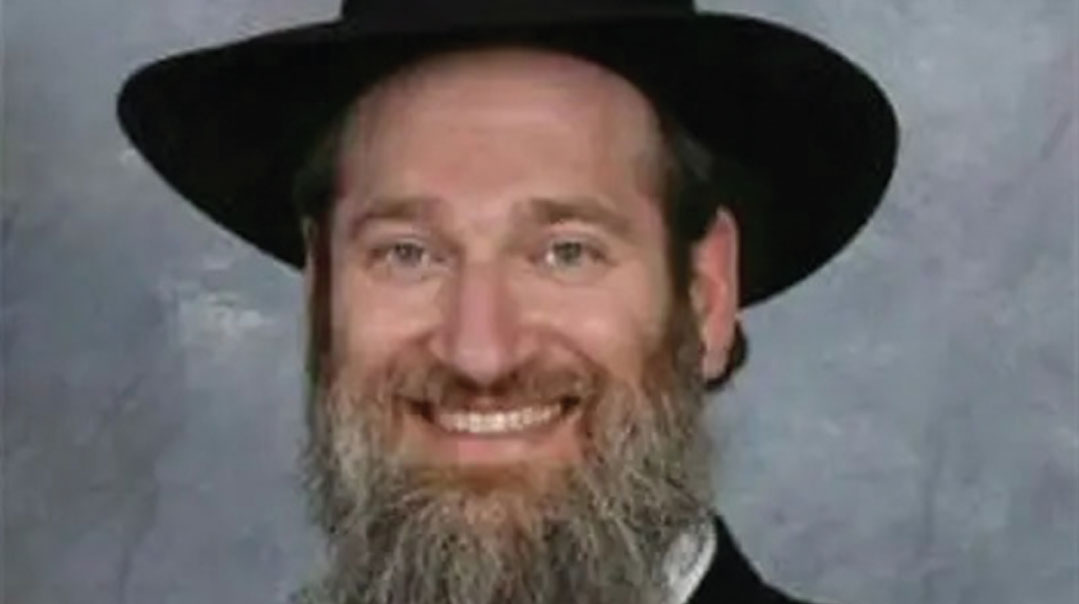Welfare State

Hashem has set out the blueprint for the ultimate Welfare State

"Where do all these schnorrers in Israel come from? Why can’t I be left alone to daven in peace by the Kosel, by the holy graves of tzaddikim, in shul? Why can’t they just get jobs? Aren’t the police able to do anything about them? Isn’t there some type of law? Shouldn’t there be…?”
“Welcome to Eeezrahel!” is the general tour guide response to the above questions. Israel is certainly home to many of the world’s greatest schnorrers. It is true that not all of them are “holy beggars.” Perhaps a few of them are unbalanced, or scammers trying to make a quick buck or, sadly, feed their not-so-healthy habits. But I was raised to assume it is not my place to question, that I should be grateful to be on this side of the wallet rather than on the other side.
Why do our holy places attract this unfortunate class of our people? Because they know we are at these sites to connect to Hashem. People who come to holy places, who are trying to be holy, are, and should be, the easiest “targets.”
After all, just as parents have a special place in their hearts for their most unfortunate of children, our Father in Heaven, as the Torah repeatedly tells us, dwells among the neediest. His heart and mercy are upon those who need Him the most and who feel they have no one else. Time and time again the Torah exhorts us to be careful with the feelings of the widow, the orphan, the convert, and the impoverished. If we really want “in” with our Father, there is no better way than to do what we can to help out His neediest of children.
If we are asking the questions above, then perhaps we should really introspect a little bit as to how sincere we really are in our spiritual aspirations. Are we at the Kosel to connect to Hashem, or are we like the Korean, Nigerian, German, Russian, and Christian tourists who come to visit the most popular site in Israel? If you are unsure, pick up one of the brown cardboard kippahs and place it on your head. Personally, I would rather just take out a few shekels. Why are the schnorrers there, you want to know? They are there for us. Because, sadly, we sometimes we forget why we are there.
The parshiyos we read this time of year, the Shabbosos leading up to the Yemei Hadin, are not merely incidental.
(Warning: mussar alert. Listen, as Sruli Besser, my dear colleague and “first editor” likes to remind me [he’s not the one the one who takes out my really good jokes], Mishpacha magazine is, for many readers out there, subtle shaarei teshuvah. Not all of them have had a mussar sefer next to their bed since the days they left yeshivah or seminary. This is where they come for inspiration. “Just don’t make it too mussar-y” are Sruli’s seasoned experienced words of guidance.)
So Hashem, Who worries about His children and their Elul mussar, gives us our weekly haftarah to get into the mood. It is fascinating to note that every single one of our Elul parshiyos mentions, in some capacity, the mitzvah of tzedakah.
We come into Elul reading about our entry into Eretz Yisrael and our mitzvah to conquer the land and destroy the evil we find there, making the land ours, making it Hashem’s. There’s a new sheriff in town, and the land will finally realize its purpose — as will we. We will eat, we will celebrate, and Hashem’s presence will be known.
Now, the true Jewish state is not one where we just have independence, flags, an army, or even really good kosher shawarma. It’s supposed to be a launching pad for the word of Hashem — a country that mirrors His holiness. So if we find among us individuals, false prophets — even entire cities — who see this as a “country like any other,” or as an “ancestral heritage,” or as the 51st state of the Union, and try to distract us from our mission, they are meant to be dealt with harshly. This was never meant to be a democracy with freedom of speech or freedom from religion. We’re here for a purpose.
And what purpose is that? Tzedakah, tzedakah, and tzedakah. Support the Levi who doesn’t have a portion among you, the laws of shemittah every seven years, giving tithes to the poor, helping out the needy, granting dignity, redemption, and rehabilitation to the slaves. Finally, we are given a vision of the three major holidays that are all meant to be celebrated together with the unfortunate, forlorn, and needy.
And thus, Hashem has set out the blueprint for the ultimate Welfare State. Our welfare is linked with the welfare of those less fortunate. Our spiritual obligations, the Torah and mitzvos that connect us to Hashem, are there to create a society of caring for one another.
Rav Avraham Pam ztz”l has an incredible homiletic interpretation on Hashem’s promise for us: “V’nasan Hashem rachamim virchamecha.” Hashem will give us rachamim and will have mercy on us. Rav Pam suggests that Hashem promises us there will always be needy among the Jewish People, because we require them in order to receive mercy from Hashem.
Hashem says, “If you are worried about your ability to build this country, to destroy the evil, to keep the laws and to merit a continued existence in Eretz Yisrael — fear not. I will give you opportunities for mercy. Ani’im who will stretch out their hands to you, neighbors you can invite over for a Shabbos meal, singles who need help finding their soul mate, brothers and sisters who need comfort, consolation, who we can share with, listen to, empathize with or cheer up. I will even send you holy beggars who will appear needy to you, because you yourselves need them. Care for them. Help find them jobs. Because you have a job.”
It’s why we are here. It’s why we have the land. It’s in that merit we will create the country He is waiting for us all to come home to. For Him to return His presence to.
The summer is over. Elul is here. Hashem, our beloved, is approaching us from the field to judge us and our country for the coming year. The work of this month is for us to go out to that field and greet our King, our Father. In the field, outside our comfortable houses, we will meet all types who have no home. The King is there with them. Helping them is our way to show Him how dear His children are to us. They are our ticket in. Make sure not to misplace them. That ticket will bring us all of the blessings this coming year.
We don’t want to be just tourists here. We are here to make it our home.
Rabbi Schwartz, a former outreach professional, rosh kollel, and rav in New York, Iowa, Virginia, and Seattle, moved to Eretz Yisrael in 2010 where he is the rav of the Young Israel of Karmiel and a professional tour guide. His column will appear once a month.
Originally featured in Mishpacha, Issue 775.
Oops! We could not locate your form.




